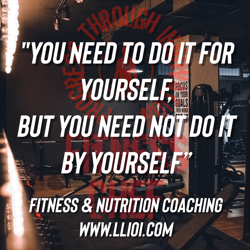Traditionally, women were warned against exercising whilst pregnant as it was a danger to their unborn child, however, after much research in this area, the benefits far outweigh the myths associated with training whilst pregnant. There are so many changes that happen to the female body while pregnant , not only physical changes but emotional and hormonal changes as well. If you are healthy and your pregnancy is normal, it is safe to continue or start regular physical activity. What are the benefits of exercise during pregnancy? Regular exercise during pregnancy benefits you and your fetus in these key ways: Reduces back pain Eases constipation May decrease your risk of gestational diabetes, preeclampsia, and cesarean delivery Promotes healthy weight gain during pregnancy Improves your overall general fitness and strengthens your heart and blood vessels Helps you to lose the baby weight after your baby is born Even a simple walk around the block or a session of stretching can lead to
Lifestyle Dynamic - It's all about life so travel, eat, be healthy, and live!
